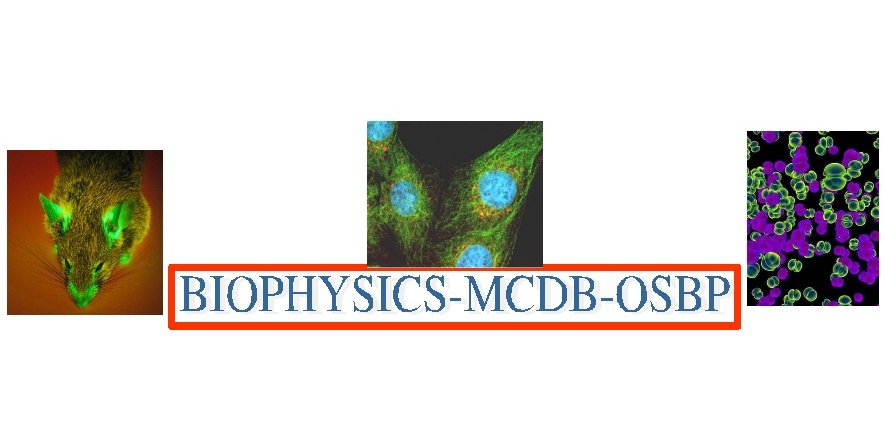Interdisciplinary Graduate Programs Symposium

2010 OSU Molecular Life Sciences
Interdisciplinary Graduate Programs Symposium

Poster abstracts
Abstract:
Macrophages play a vital role in the innate immune response. The primary function of macrophages is to engulf and clear infecting bacteria, apoptotic cells and cellular debris. Macrophages arise from precursor circulating monocytes. Monocytes are released from the bone marrow to the peripheral blood. Upon encountering cytokines and growth factors monocytes leave the circulation and migrate to the inflamed tissue. During this maturation process, levels of the cell cycle inhibitory protein p21 are known to increase. P21 acts to inhibit cell cycle progression by binding to cyclin/CDK complexes and halting progression through the G1 to S transition. Maturation of macrophages is also dependent upon growth factors, specifically the macrophage stimulating colony factor (M-CSF). Binding of M-CSF to its receptor activates intracellular signaling cascades that result in gene transcription and cellular differentiation. The mitogen-activated protein (MAP) kinase, particularly the extra-cellular regulated kinase (Erk), is known to mediate mitogenesis but can also mediate maturation signals. We hypothesized that Erk acts as a molecular switch to regulate the development of monocytes to macrophages during inflammation. Erk acts by increasing intracellular levels of p21 which are critical for inhibition of cell cycle progression. To examine this process, we studied the differentiation of freshly isolated CD14+ monocytes following treatment with M-CSF and the differentiation of THP1.1 cells, following treatment with PMA (65nM). We performed Western blots, on cell lysates, to investigate the phosphorylation of Erk following M-CSF and PMA treatment with and without the Erk specific inhibitor UO126 (1.25 μM). The regulation of differentiation dependent transcripts; p21, Matrix Metalloproteinases (MMP) 2 and 9, Calgranulin B and Leukocyte Elastase Inhibition by Erk was examined by real-time RT-PCR and the expression of protein examined by flow-cytometry. We also found that the NFκB transcription factor is activated in an Erk-dependent fashion during macrophage differentiation. Chronic inflammatory conditions may be a result of aberrant macrophage differentiation. Therefore, elucidation of the mechanisms involved in this process may provide insight for targeted therapies.
Keywords: Monocyte, Differentiation, MAPK